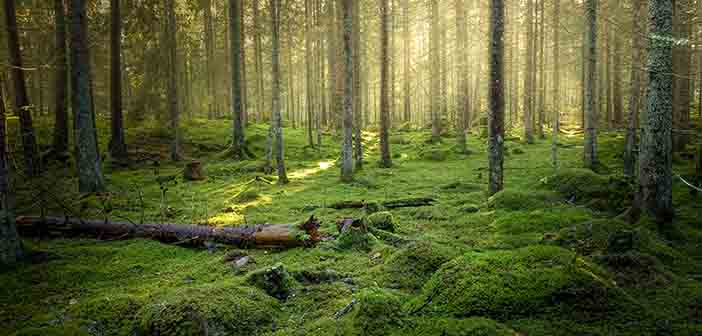Gardeners, nursery owners, farmers, landowners and environmental groups are all being encouraged to help shape the country’s future plant biosecurity strategy, as a 10-week consultation has been launched this week to protect the country from the threat of plant pests and diseases.
In the UK, 80% of the food we eat comes from plants, they produce 98% of the oxygen we breathe and the value that our plants and trees provide to society each year is estimated at £10.5 billion.
Great Britain already has some of the most robust biosecurity measures in the world but our approach is kept under constant review to ensure these standards are maintained and plants are protected as we face emerging challenges.
Rising temperatures increase the risk that non-native pests and diseases, which were previously unable to survive in the UK, will spread across parts of the country. Disease outbreaks can be hugely costly to businesses, government and the wider economy.
Plant diseases like Xylella – a disease that affects over 560 different plant species and devasted olive trees in Europe – have the potential to cost the UK taxpayer millions of pounds a year if they arrived on our shores.
The joint Defra, Scottish and Welsh Government consultation sets out a new vision for plant health and potential measures to strengthen the existing biosecurity regime.
Launching the consultation from RHS Chelsea Flower Show, Minister for Biosecurity Lord Benyon said: “The threat from plant pests and diseases is significant and growing due to globalisation and climate change. The risks to food production and our precious landscapes, trees, parks and gardens are all too real.
“We already have some of the highest biosecurity standards in Europe but as we look to build back greener from the pandemic, we want to consider any further safeguards needed to protect our natural world. That’s why we’re asking for views from all sectors, including horticulture, forestry and farming, to help us shape our future biosecurity strategy and ensure our trees and plants are protected for future generations.”


